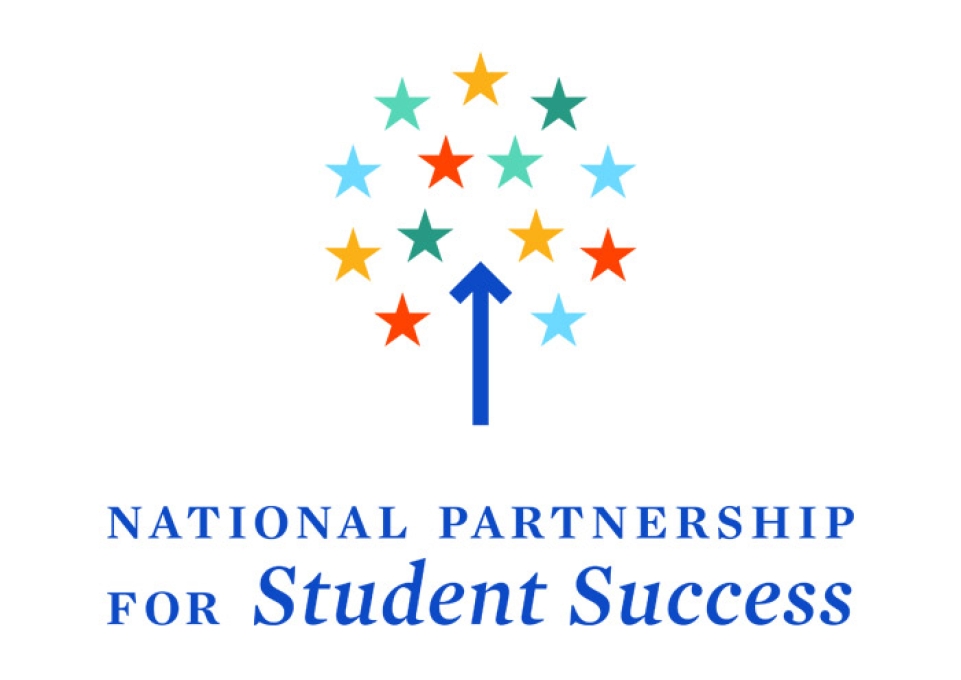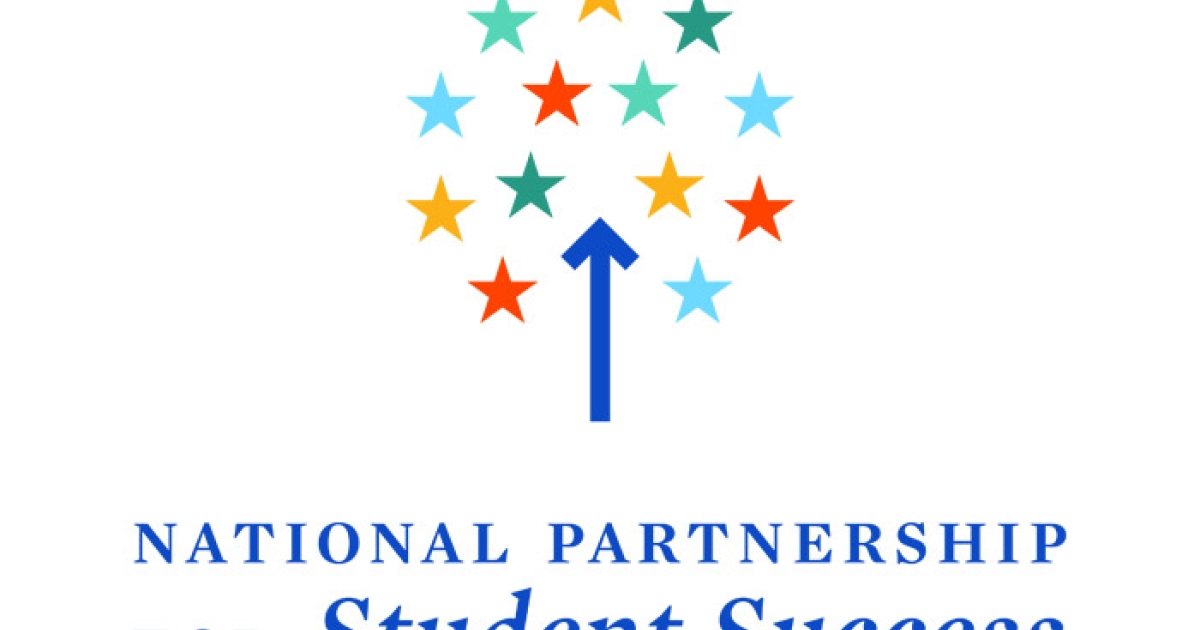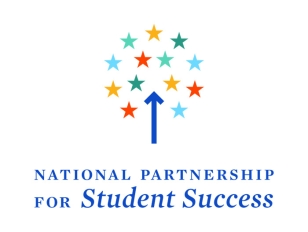
Buffalo State University is one of 26 initial institutions that have joined the National Partnership for Student Success (NPSS) in its charge to place an additional 250,000 caring adults in high-impact roles supporting students in prekindergarten through 12th grade.
The NPSS is a three-year public-private partnership among the U.S. Department of Education, AmeriCorps, and the Everyone Graduates Center at Johns Hopkins University. Its purpose is to help close the gap in learning that resulted from the coronavirus pandemic, explained Laura Hill Rao, director of the Buffalo State Civic and Community Engagement (CCE) Office, which is spearheading the effort at Buffalo State.
Rao noted that the initiative will be rolled out in phases, and it makes sense for Buffalo State to be an early adopter.
“Buffalo State has a strong tradition of connecting students with community-engagement opportunities with K–12 learners, particularly led by the School of Education,” she said. “Students from a range of other majors also work in area schools and afterschool programs.”
The sharp decline in test scores and students’ mental health that has resulted from the pandemic makes this kind of outreach even more crucial.
“When the pandemic first started, we were optimistic that students could come back without missing a beat, that they would be resilient,” said Wendy Paterson, dean of Buffalo State’s School of Education. “The schools did everything they could, but the pandemic lasted a lot longer than anyone thought.”
The ongoing isolation caused a huge problem for students both in their academic progress and their social maturity.
“The absence of peers had a much more devastating effect than we could have anticipated,” Paterson said. “We know learners need to be with other learners. This is why we have inclusion classrooms for students with disabilities. And this population suffered more than any other. We also know students from lower-income families fared worse from at-home learning.”
Mental health and behavior issues proliferated after this long period of isolation, too.
“We’re hearing a lot about the drop in test scores,” she said. “We’re more concerned about the increase in mental health and behavioral issues teachers are seeing in the classroom.”
Specifically, the NPSS initiative aims to address these problems head on by increasing the percentage of federal work-study funding that supports students in evidence-based community service roles, such as tutors, mentors, and college and career coaches in P–12 schools or programs outside of the regular school day. Another goal is to increase the number of college students in these roles, regardless of funding source, by June 2025.
“Our colleges and universities have always been a driving force in solving America’s greatest challenges,” said U.S. Secretary of Education Miguel Cardona. “By serving as tutors and mentors, college students can make a positive difference in the lives of children and youth. Ultimately, it’s in the best interests of our colleges and universities to help accelerate academic recovery in our public elementary and secondary schools. I’m hopeful that this initiative will inspire more college students of diverse backgrounds and income levels to consider careers as educators.”
Rao said her office is working on evaluating a baseline of P–12 community involvement and service-learning that occurred during 2022–2023 academic year.
“We will then work to increase involvement by working with faculty members, student organizations, and the Financial Aid Office for work-study placements,” Rao said. “I’m confident that students from across the Buffalo State campus will make an even greater impact than they already have through this targeted effort. We know that much is at stake for this current generation of schoolchildren.”



